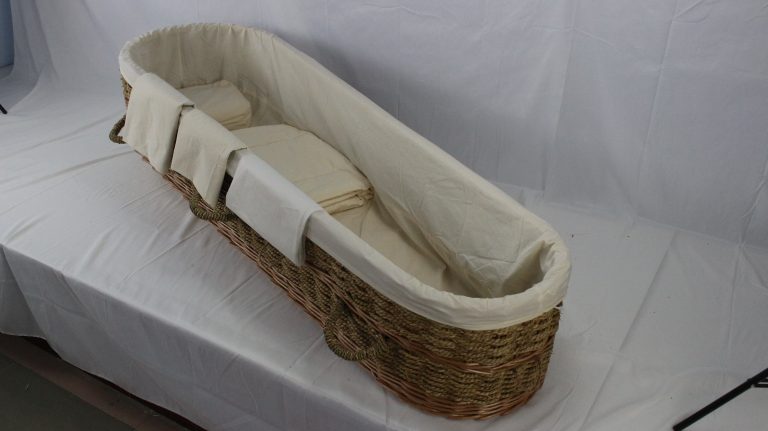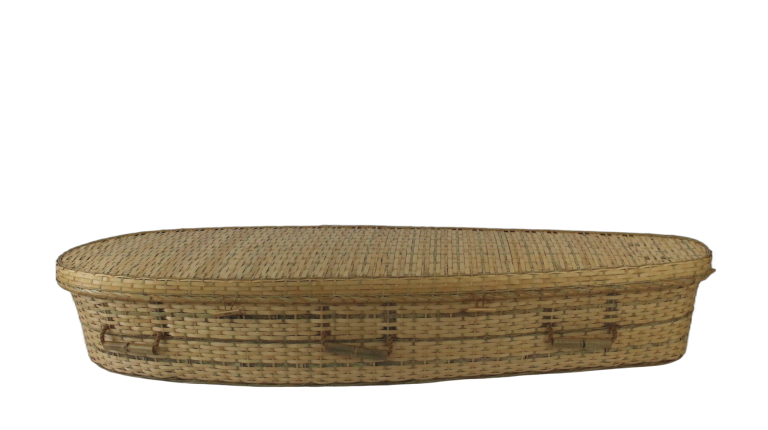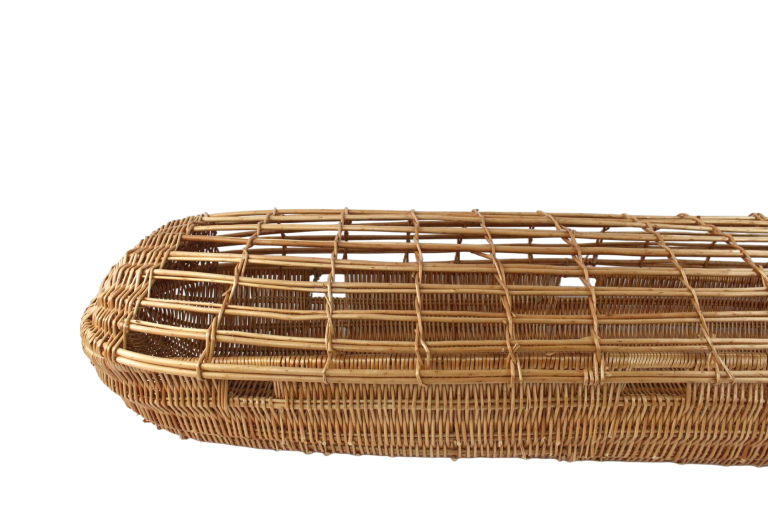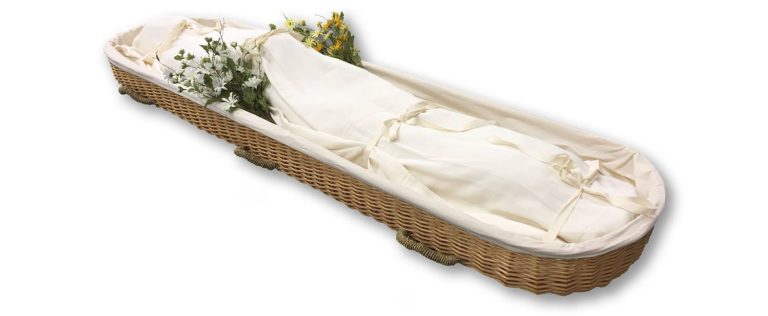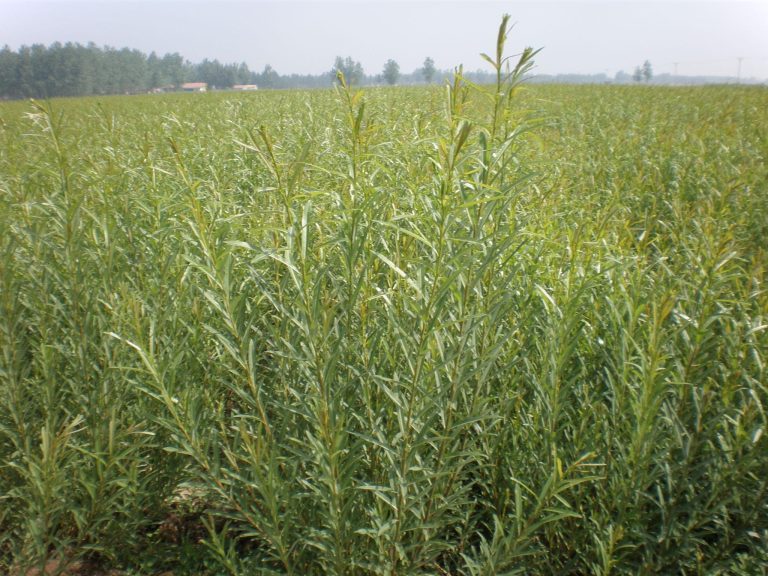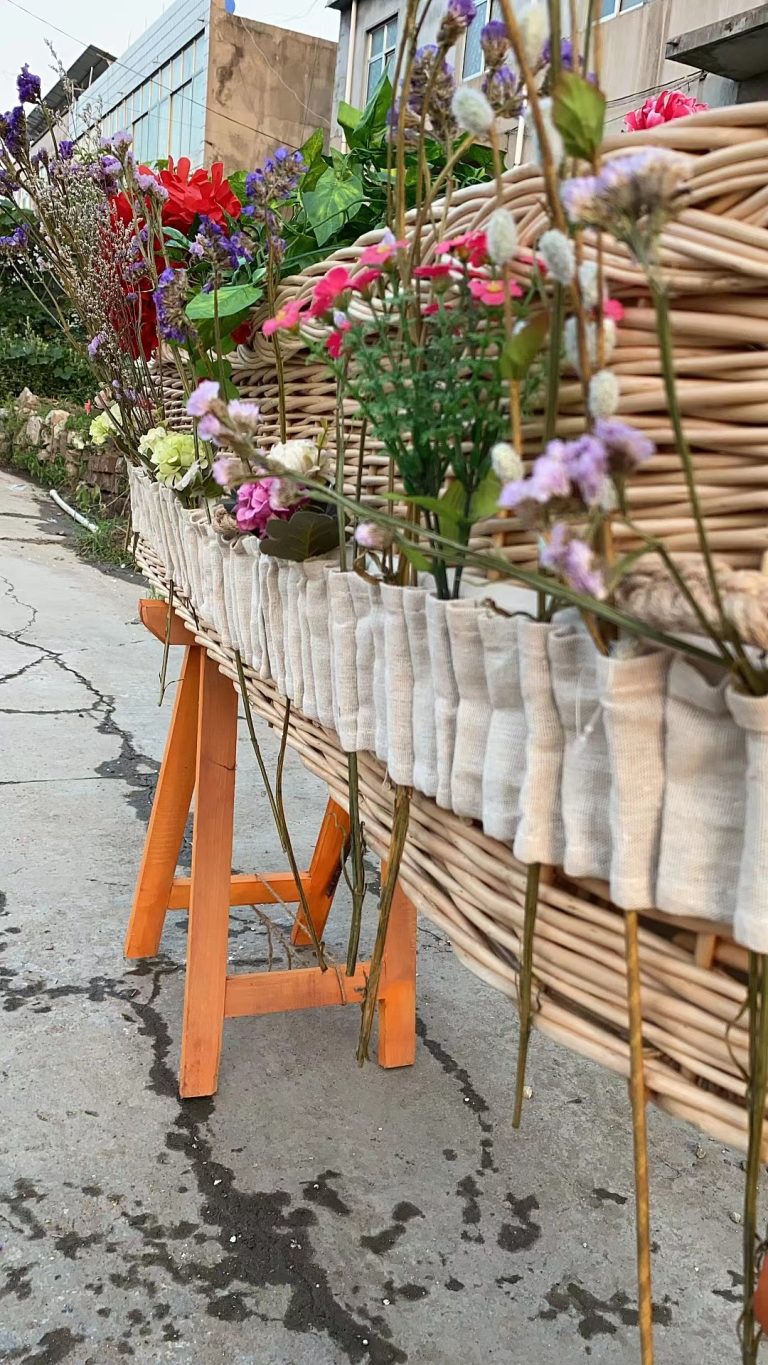In an era where environmental consciousness reshapes global deathcare practices, natural burials have emerged as a preferred choice for eco-conscious families. At the heart of this movement lies the demand for biodegradable, sustainable burial solutions—options that align with the principles of returning to nature without leaving a lasting footprint. Woven caskets, crafted from natural fibers, have gained global traction as a cornerstone of eco-friendly burials. Among the world’s leading producers, China’s LinYi LinShu region stands out as a hub for innovative, high-quality woven caskets that meet international sustainability standards while preserving cultural heritage.
1. The Rise of Natural Burials and Material Sustainability
Natural burials emphasize minimal environmental impact by avoiding embalming chemicals, non-biodegradable materials, and concrete vaults. Central to this practice is the use of biodegradable caskets, which decompose naturally and enrich the soil. Woven caskets, made from materials like willow, bamboo, and seagrass, fit this criterion perfectly. These fibers are renewable, require fewer resources to produce, and break down within months to a few years, unlike traditional hardwood or metal caskets that persist for centuries .
LinYi LinShu’s manufacturers excel in sourcing sustainably harvested plants, such as fast-growing bamboo and locally cultivated willow. The region’s artisans use zero synthetic adhesives or finishes, ensuring that caskets decompose cleanly. For instance, many workshops employ traditional coiling or plaiting techniques, avoiding industrial machinery that consumes excessive energy . This approach not only reduces carbon footprints but also preserves ancient craftsmanship.
2. Design Innovations for Cultural and Ecological Harmony
Woven caskets from LinYi LinShu blend aesthetics with functionality. Their lightweight, breathable structures allow for natural decomposition while accommodating regional burial practices. For example:
• Willow caskets, popular in Europe, feature intricate geometric patterns that honor Celtic and druidic traditions.
• Bamboo designs, favored in Southeast Asia, reflect minimalist philosophies while ensuring rapid decomposition.
• Customizable linings made from organic cotton or linen cater to families seeking personalization .
These designs align with global trends toward memorialization that celebrates life. In Japan, where over 60% of caskets are imported from China, LinYi LinShu suppliers provide lightweight, decorative “cloth-covered coffins” that meet strict cremation and burial regulations .
3. Meeting Global Standards and Market Demands
LinYi LinShu’s woven caskets adhere to certifications such as the Green Burial Council (GBC) standards, ensuring compliance with international eco-certifications. Factories in the region invest in third-party testing for biodegradability and non-toxicity, addressing concerns from Western markets about material safety .
Cost-effectiveness further enhances their appeal. While traditional caskets can cost thousands of dollars, LinYi LinShu’s woven options range from 800 to 2,000 USD, offering affordability without compromising quality . This pricing strategy positions them as accessible choices for families prioritizing sustainability.
4. LinYi LinShu: A Nexus of Tradition and Modernity
The LinYi LinShu region has honed its expertise over decades, combining artisanal techniques with modern sustainability practices. Workshops here often train artisans in both traditional weaving and eco-friendly material science, ensuring a balance between heritage and innovation. For example:
• Closed-loop production: Waste materials from weaving are repurposed into packaging or decorative elements.
• Localized sourcing: Bamboo and willow farms surround production hubs, minimizing transportation emissions .
This ethos resonates globally. In the U.S., where natural burials are legally recognized in states like California, LinYi LinShu caskets are increasingly featured in eco-friendly funeral homes. Their designs comply with local regulations, such as California’s mandate for biodegradable materials in natural burial sites .
5. Challenges and Future Prospects
Despite their advantages, challenges persist. Misconceptions about woven caskets’ durability and cultural acceptability require ongoing education. Additionally, competition from synthetic alternatives demands continuous innovation. However, LinYi LinShu’s commitment to R&D—such as developing seed-embedded caskets that grow native plants post-burial—positions the region as a leader in sustainable deathcare solutions .
Conclusion
Woven caskets from LinYi LinShu exemplify how tradition and sustainability can coexist. By offering eco-friendly, culturally resonant alternatives, they address a growing global appetite for environmentally responsible end-of-life choices. As natural burials gain momentum, LinYi LinShu’s craftsmanship and innovation will remain pivotal in shaping a greener future for deathcare practices worldwide.
Roconly Funeral Supplies Co.,Ltd.
Whatsapp: +86-18265103836 (Whatsapp & Wechat & Tel)
Email: jason@roconly.com
#roconlycoffins#everecoffin#willowcoffins#bamboocoffins#burialflowerbands #naturalfuneral#flowerbands#woodcross#shrouds#cremation#greenfuneral #craftsmanship #chinafactory
We are a factory supporting eco friendly green funeral(natural willow coffins\bamboo caskets and so on) .. for detail please contact us www.roconly.com;
Whatsapp: +86-18265103836 (Whatsapp & Wechat & Tel)
Email: jason@roconly.com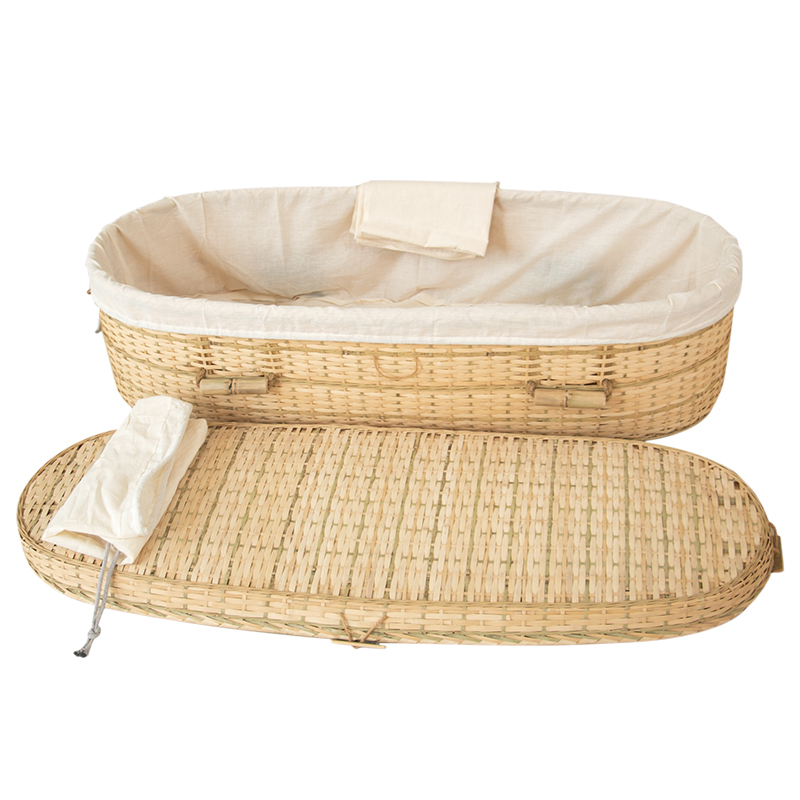 Customization: Factories offer bespoke designs, from minimalist woven patterns to intricate cultural motifs, catering to globalwoven green markets #roconlycoffins #everecoffin #willowcoffin #bamboocasket #ecocaskets#crematorium#funeralsupply@everyone@followers
Customization: Factories offer bespoke designs, from minimalist woven patterns to intricate cultural motifs, catering to globalwoven green markets #roconlycoffins #everecoffin #willowcoffin #bamboocasket #ecocaskets#crematorium#funeralsupply@everyone@followers
